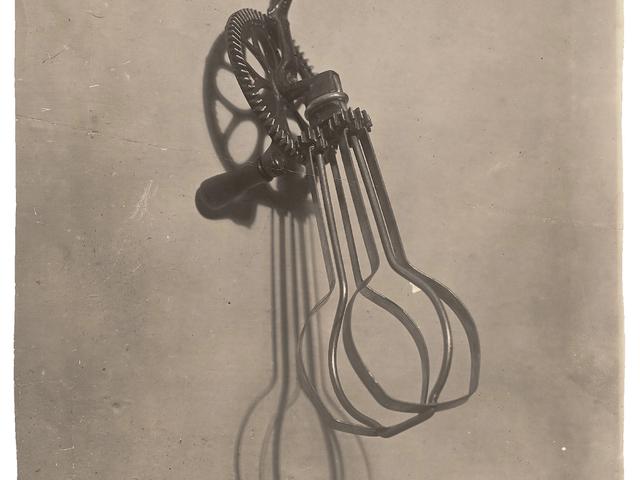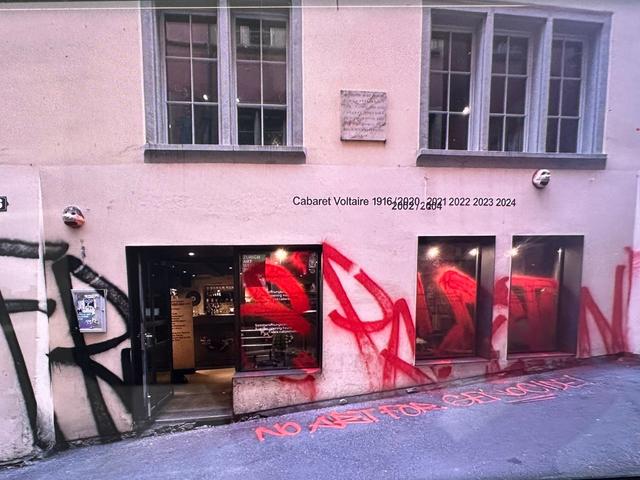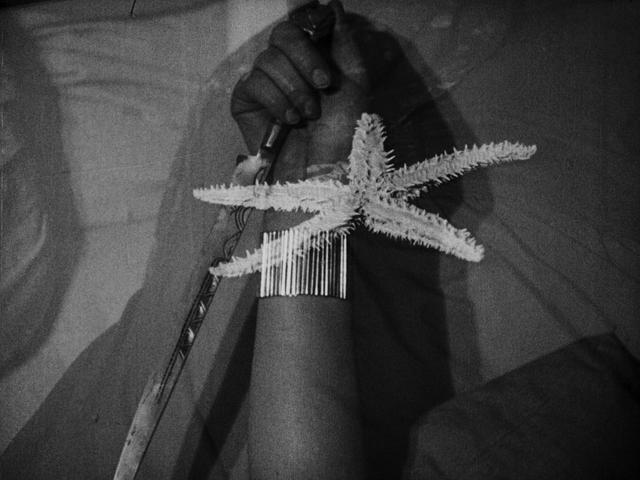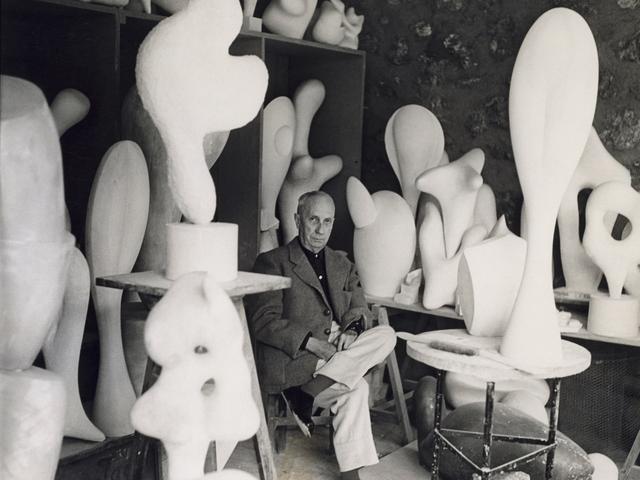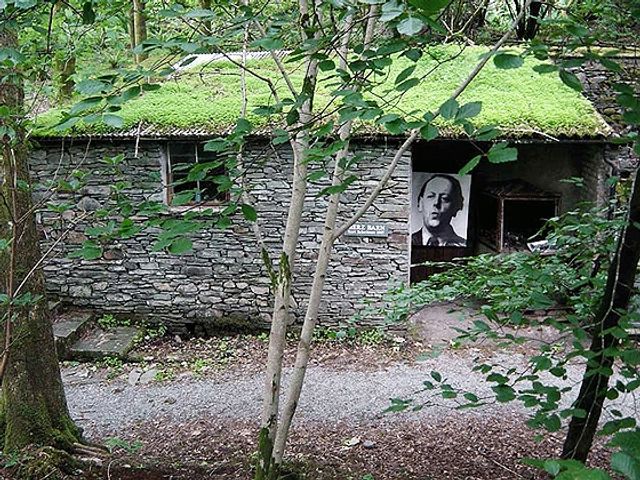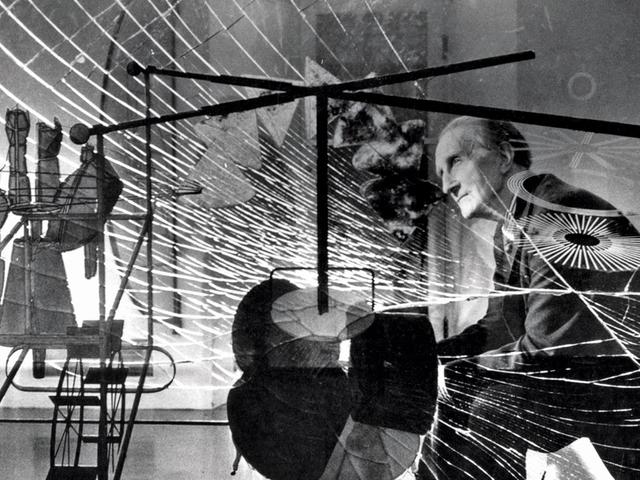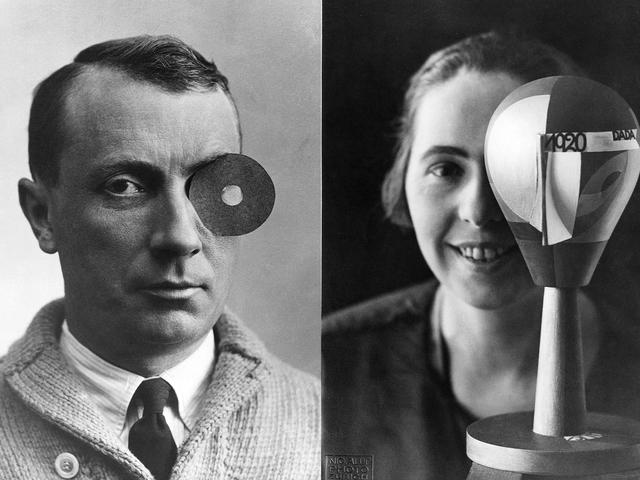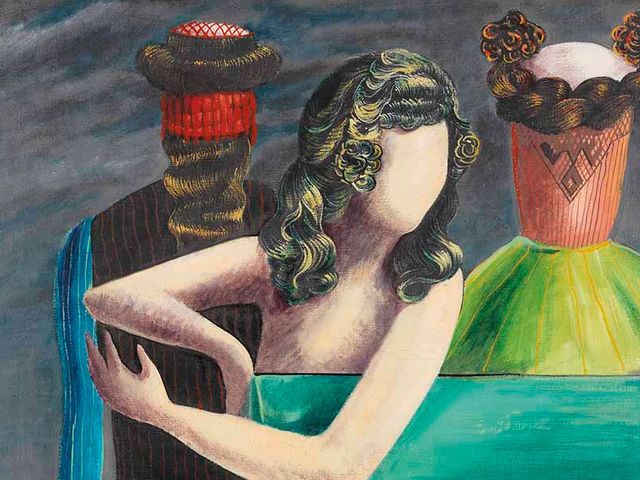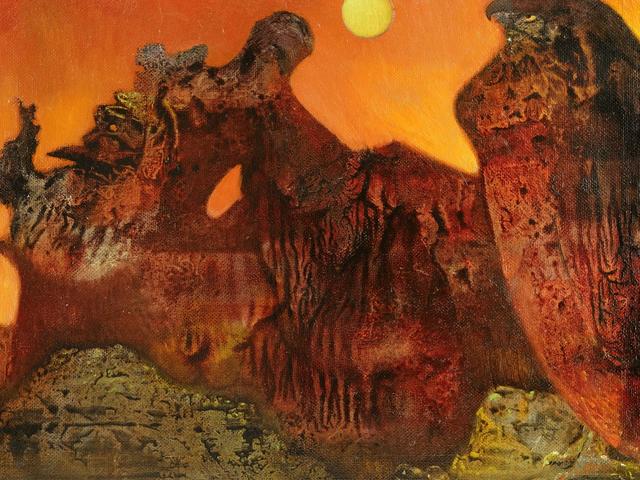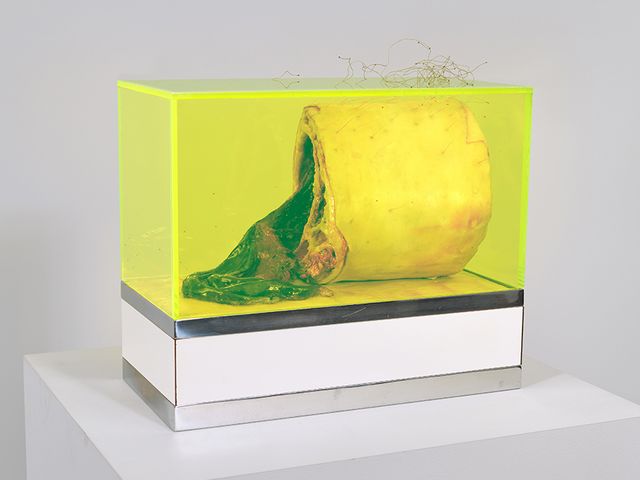Dada
Dada
Metropolitan Museum gifted 188 Dada and Surrealist works
The promised gift from museum trustee John Pritzker includes pieces by Man Ray, Marcel and Suzanne Duchamp, Jean Arp and others
Zurich's Bernheim Gallery and legendary Cabaret Voltaire, the birthplace of Dada, sprayed with anti-Israel graffiti
The vandalism on Friday coincided with Zurich Art Weekend
Experimental silent films by Man Ray, restored and with new scores, return to the big screen
Four short films May Ray made in the 1920s are being re-released with new music by Jim Jarmusch and Carter Logan’s band SQÜRL
Hans Arp’s estate gifts 220 sculptures to ten museums around the world
Many of the gifted works will go to European institutions, while others are bound for Boston, Dallas and Melbourne
After attempts to save it, the studio of Kurt Schwitters—who escaped Nazi Germany to become one of England’s great Absurdists—is to be sold
The Merz Barn will now likely be sold for commercial development after public funding was refused
Largest-ever exhibition of work by disabled artists in UK to be staged across museums nationwide, including Tate and Arnolfini in Bristol
Thirty-one artists will "disrupt" institutions with nonsensical and surreal work, inspired by the rebellious spirit of the Dada movement
What was it like to conduct Marcel Duchamp's only live television interview?
Fifty years on, Joan Bakewell remembers speaking to the pioneering artist for the BBC, shortly before his death
The power couples who shaped Modern art
New show explores 40 romantic and artistic partnerships of the 20th century
Object lessons: a Surrealist ménage à trois, a Yoruba princess and a rare Futurist painting
Our pick of highlights from upcoming auctions
Kurt Schwitters’s Merz Barn in Lake District up for sale
Chinese collector may step in to save the barn, after Arts Council rejects funding bid
Object lessons: a painting from Max Ernst's Arizona period, a Kurt Schwitters Merz collage, and a Cubistic still life by Jean Metzinger
Our pick of highlights from upcoming auctions
Fever dreams: on Delirious at the Met Breuer
An exhibition on post-war art proves a little too ambitious
Books: Essays on sex, gender and identity in Dada
Naomi Sawelson-Gorse edits this collection on the often overlooked women of Dada
Interview with Marcel Duchamp: Life is a game; life is art
From 4 April to 18 July the Palazzo Grassi is showing a 300- work exhibition by Pontus Hulten of the work of Marcel Duchamp, the artist whose ideas have pricked through the whole history of twentieth-century art. Here we publish one of his last interviews, made in 1966
Only two years since his last show, Max Ernst exhibition opens at the MoMA this month
“Max Ernst: Dada and the Dawn of Surrealism” concentrates upon fifteen years of fertile activity until 1927
Interview with Marcel Duchamp: Buried in the BBC archives since 1959, and published here for the first time
Talking about his readymades and his most complicated work “The large glass”, now in Philadelphia, Duchamp reflects on how little he meant to people in the late Fifties, when the painterliness of Abstract Expressionism ruled


